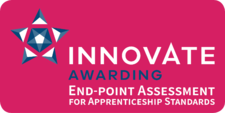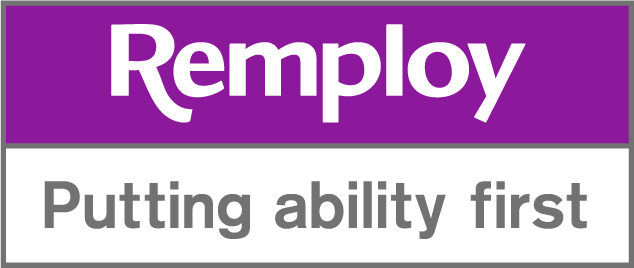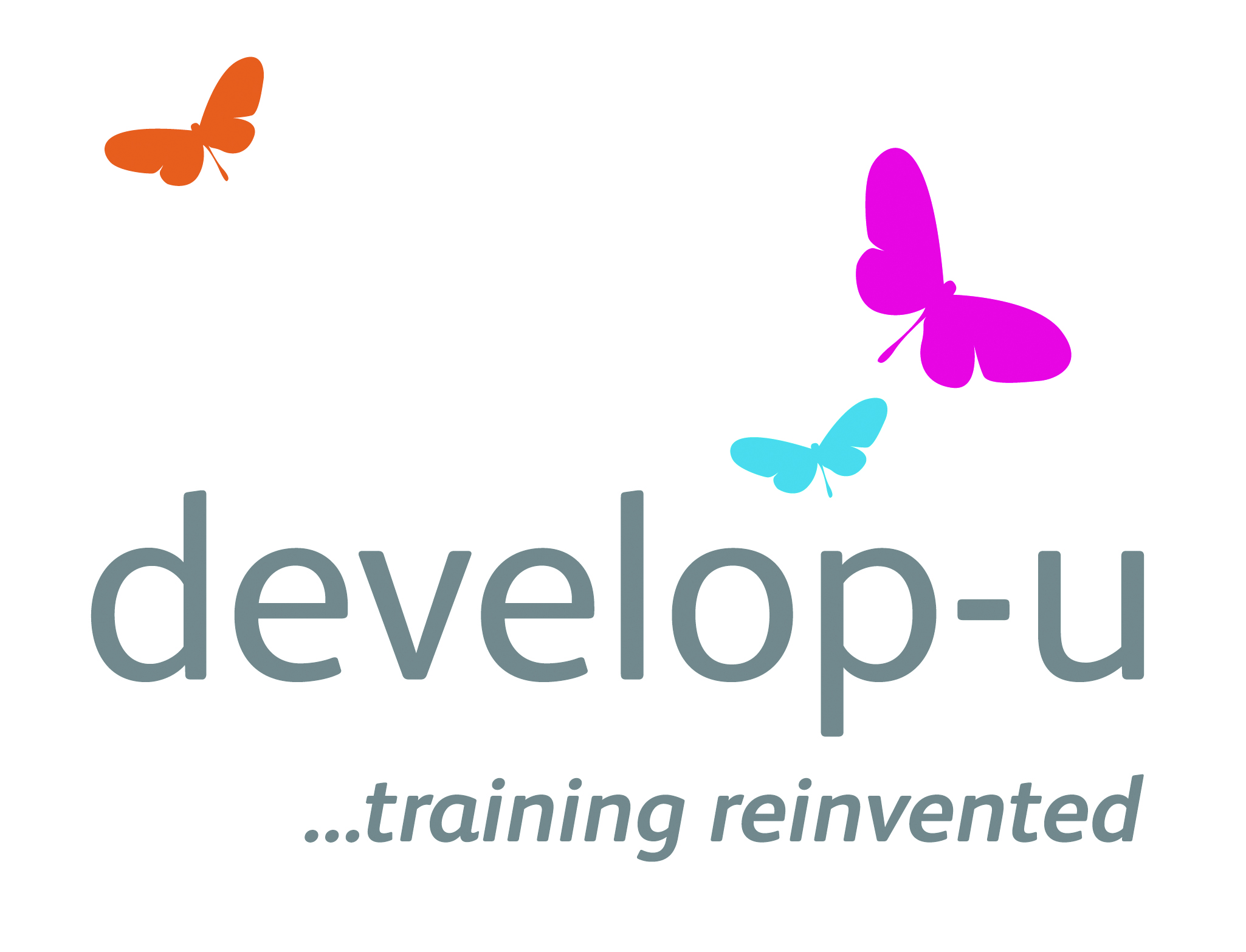14 Workshop topics will be available to choose from.
Attendance at the workshops is complimentary as part of your conference registration
| WSD2-1 |
Understanding the Changes to Subcontracting
|
 Facilitated by Simon Ashworth &
Mike Cox, AELP Facilitated by Simon Ashworth &
Mike Cox, AELP
Like it or loathe it, subcontracting will always have a role to play in the work based learning marketplace. However, for new apprenticeship starts from May 2017 the SFA’s funding rules for providers and employer-providers contain significant changes in how subcontracting can be utilised and deployed. This workshop will explore the new rules and restrictions on subcontracting arrangements as laid out by the Skills Funding Agency and how this will impact arrangements providers may be looking to put into practice. Led by AELP’s Simon Ashworth, this workshop will cover off the delivery of apprenticeships from level 2 through to degree apprenticeship
|
| WSD2-2 |
What to expect from an Apprenticeship Assessment organisation?
|
 Facilitated by Gary Tovey & Suzanne Shutler, Pearson Facilitated by Gary Tovey & Suzanne Shutler, Pearson
What are the steps to take when choosing an apprenticeship assessment organisation? As an accredited end point assessment organisation, we understand the need for flexibility when choosing an EPA model that will fit your business needs and that of your employers. This workshop will outline the various delivery models and partnership options, and take you through a real-life case study of our British Gas partnership |
| WSD2-3 |
How to make a success of End-point Assessment for all stakeholders
|
 Facilitated by John McNamara & Andy McNeill, Innovate Awarding Facilitated by John McNamara & Andy McNeill, Innovate Awarding
- What’s on offer? Comparison of RAAOs – similarities and differences
- Different approaches to assessment methodologies – e.g. use of technology
- What can providers do to prepare their learners for EPA?
- The learner journey and the ‘Gateway’ process
- What are the challenges for learners?
- Assessor models – what do you think?
|
| WSD2-4 |
Questions your Apprenticeship Levy paying clients need clear answers to - 'Not your usual Employer Engagement workshop'
|
 Facilitated by Dr Gareth Thomas MIoD,
Skills and Employment Support Limited Facilitated by Dr Gareth Thomas MIoD,
Skills and Employment Support Limited
Our education, training and assessment systems were designed at a time of industrialisation and the design principles need to be re-examined as the world becomes increasingly digitised.
Having spoken to a number of large Apprenticeship Levy paying businesses recently, many have had offers from Providers to manage or deliver their Apprenticeship Levy Training. It is clear when speaking to the businesses independently, that many of them do not know what they should expect in terms of service from an Apprenticeship Levy provider. More importantly, they do not know the questions they should be asking, or have a real understanding of what they are signing up to. This workshop will take you through a real case study as outlined above, and will help you to understand the questions that Employers should be able to answer at the end of a conversation about Apprenticeship Levy funded Apprenticeships. The questions will help you to understand whether you are giving your staff the tools and understanding to do their job well, and to help your business to establish effective long-term relationships with Employers
|
| WSD2-5 |
The votes are in: what next for Technical Education? |
 Facilitated by Andrew Gladstone-Heighton & Paul Turner, NCFE Facilitated by Andrew Gladstone-Heighton & Paul Turner, NCFE
NCFE’s Policy & Research team set out the direction of travel & challenges in the Technical Education sector post the 2017 General Election
|
| WSD2-6 |
Higher & Degree Apprenticeships
|
 Facilitated by Alison Cox, CMI Facilitated by Alison Cox, CMI
Following the development and introduction of three new Leadership and Management Trailblazer standards, how do employer and providers take advantage of these new apprenticeships?
Drawing on the experiences of CMI, and various employer and provider case studies, this workshop will explore the following areas:
- Why is leadership and management important?
- What does the progression pathway look like?
- What is the opportunity presented by higher and degree level apprenticeships?
- How are employers and providers are engaging with the new standards?
|
| WSD2-7 |
The New Prison Education Framework
|
 Facilitated by Robert Mills, RM Consultancy
& Cheryl Swales, AELP
Facilitated by Robert Mills, RM Consultancy
& Cheryl Swales, AELP
There’s never a better time to consider delivering education services in prisons and how Labour Market Information is now shaping this process.
The Ministry of Justice is seeking to establish a multi-lot framework for the provision of education services to those in custody in England. The new framework will allow governors to contract with 1 or more organisations to deliver education services within a specified number of locations under their mandate. This workshop will be facilitated by Rob Mills who has extensive experience of working in education and especially the Justice sector. He was recently seconded into the Ministry of Justices’ ‘Her Majesty’s Prison and Probation Service’ to lead on and support the implementation of a range of innovative prison education policies as part of the Dame Sally Coates Report: Unlocking Potential: A Review of Education in Prison & The White Paper: ‘Prison Safety & Reform’.
|
| WSD2-8 |
New providers guide to working within RoATP
|
 Facilitated by John Lymn, Workforce Development Consultancy Limited
& Matt Alvarez, AELP
Facilitated by John Lymn, Workforce Development Consultancy Limited
& Matt Alvarez, AELP
This workshop is for RoATP registered providers and Employer Providers who are new to delivering funded provision. It will cover awareness of the critical areas of compliance, processes and evidence required under the ESFA Guidance and Common Inspection Framework. It will raise awareness of the structure and systems needed to meet regulatory conditions leading to quality delivery and audit compliance
|
| WSD2-9 |
Changes to GCSEs - what you need to know |
 Facilitated by Richard Garrett, Ofqual Facilitated by Richard Garrett, Ofqual
The session will cover the main changes to GCSEs, the timescale for their introduction and the action Ofqual are taking to set and maintain standards, including arrangements for resits. There will be a particular focus on changes in English and Mathematics which will be awarded for the first time this summer
|
| WSD2-10 |
Careers Advice
|
 Facilitated by Chris Targett, CXK Facilitated by Chris Targett, CXK
CXK will be running interactive workshops covering Careers Advice and the importance of building strong working relationships with learners & Employers. The basis of the sessions will consist of creative techniques to engage and recruit learners. The importance of maintaining a client centred approach to ensure maximum learner retention and completion of training. These sessions will be delivered by an experienced Careers Adviser who has experience working on the frontline, working with all age groups
|
| WSD2-11 |
SEND at the centre – How SEND learning can be central to your organisations strategy |
 Facilitated by Joel Featherman, Anne Gregory & Sue Gidman, PublicCo Facilitated by Joel Featherman, Anne Gregory & Sue Gidman, PublicCo
Recent reforms aim to improve outcomes for SEND learners, but without senior leaders support SEND delivery is not seen as central to many providers delivery. This means that too often, many learners needs go unmet, leading to underachievement and poor outcomes. This session will explore how SEND delivery can be embedded into organisational strategy and understand how to link SEND delivery to apprenticeships and wider vocational opportunities. The session will also promote the Education and Training Foundation’s new SEND organisational effectiveness evaluation tool
|
| WSD2-12 |
Mental Health |
 Facilitated by Lee Poole, Remploy Facilitated by Lee Poole, Remploy
Mental health is the leading cause of sickness absence in the UK today. Over 91 million productive days are lost, costing UK businesses an estimated £26bn each year. Join Lee Poole from Remploy Ltd to learn more about the Access to Work Mental Health Support Service and discover how you can support your apprentices with mental ill health.
- Discover the facts, statistics and common misconceptions relating to mental health
- Define the purpose and aim of the mental health support service
- Learn about the service structure, its benefits along with the potential support and interventions
- Identify the support, training and guidance designed to aid you in supporting your apprentices with mental ill health.
|
| WSD2-13 |
The apprenticeship journey in a digital age: a toolkit for providers
|
 Facilitated by Lisa Gray & Clare Killen, Jisc Facilitated by Lisa Gray & Clare Killen, Jisc
Apprenticeships are going through a period of great change with new government targets and the move from provider-led frameworks to the delivery of new employer-led standards. These developments provide an ideal opportunity to reconsider how digital technologies can best support all aspects of the process, with many providers now seeing technology as core to their delivery model if they are to be cost-effective.
This session will provide a chance to explore draft guidance developed by Jisc to support providers moving to these new models of delivery. The guidance is based all stages of delivering an apprenticeship from preparation to delivery and end-point assessment, and focuses on the key role of technology throughout. We would very much welcome your feedback to inform the next stage of development.
|
| WSD2-14 |
College/ITP Partner Working |

 Facilitated by Steve Cressey, Vision West Nottinghamshire College and Sam Morris, Developing Performance Partnership Facilitated by Steve Cressey, Vision West Nottinghamshire College and Sam Morris, Developing Performance Partnership
As a long-term strategic supporter and user of subcontracted provision, Vision West Nottinghamshire College and one of its partner Independent Training Providers (ITP) Develop-u will describe the due diligence and continual support processes that the college has developed and uses; explaining how the relationship works in a collaborative way to the benefit of both organisations and to the employers and apprentices they serve.
The college was recently rated ‘good’ by Ofsted, with inspectors highlighting that:
- Managers support the work of the college’s many subcontractors well, leading to a consistently good standard of apprenticeship training;
- The large majority of younger learners, adults and apprentices successfully complete their qualifications; the proportion of apprentices who do so within agreed time limits is above the rate for other providers;
- Apprentices develop a good range of vocational skills, which allows them to contribute well to their workplaces;
- Adult learners and apprentices benefit from good-quality teaching, which helps them to make good progress.
The workshop will provide information on how this is achieved from both the prime and subcontractor perspective. The workshop will also look at future partnership arrangements to support the Apprenticeship reforms
|
|

